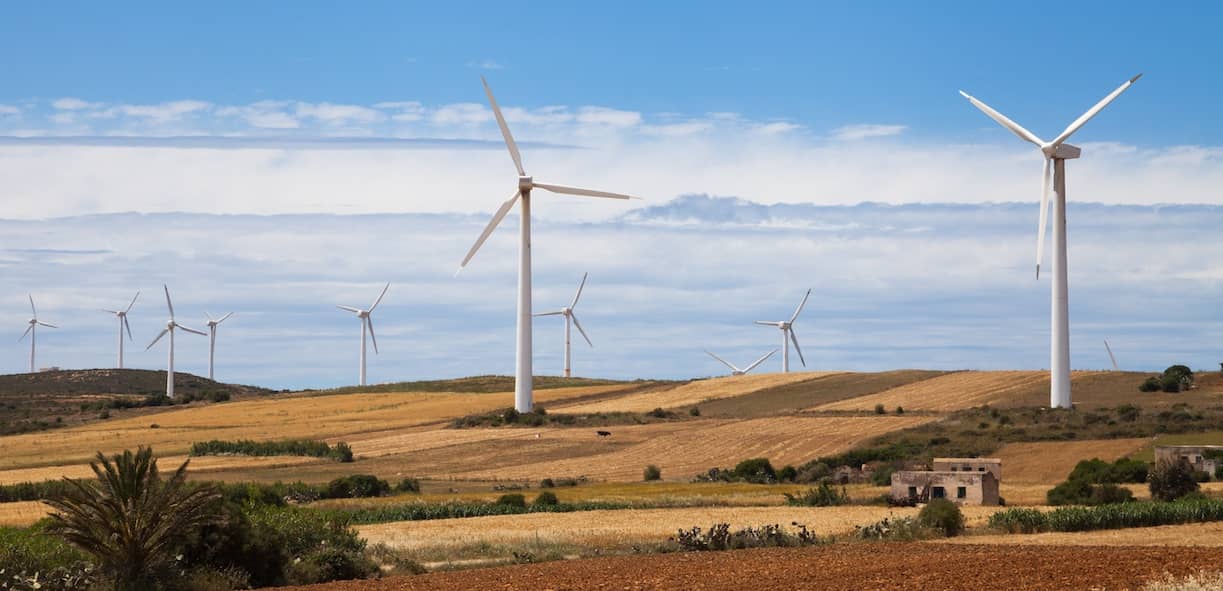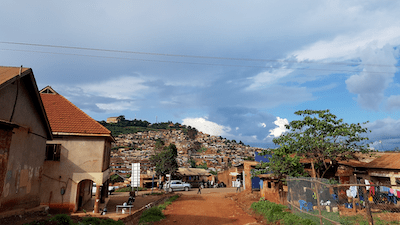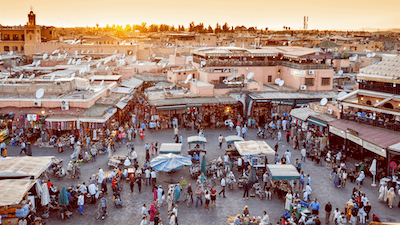African Financing of Energy
The mandate to pursue SDG7 in Africa (‘Agenda 2030’) rests in the first instance with African institutions and African Union Member States. Their Agenda 2030 mandate is essential to meeting Agenda 2063, the continental development plan which aims to transform Africa into a global powerhouse. Agenda 2030 and Agenda 2063 are complementary, especially in the long-term plan’s industrialisation, job creation, peace and prosperity dimensions.
National governments and African development institutions are major actors in the funding of African energy, playing a vital and leading role in the continent’s ambitions of achieving SDG7 by 2030. Between 2014-2020, some EUR 86 billion was identified in public spending on the energy sector in all its forms in the budgets of 47 African countries and six African development banks and finance institutions, however in the case of the latter the actual figure is likely to be higher. The extent to which the financial flows from national governments are SDG7-compliant cannot be calculated, but the sums are substantial: in 2020 around EUR 13.7 billion of this energy sector expenditure was financed by government revenues and debt raised on domestic and international markets.
In addition to the totals stated, official budget documents show that some EUR 1 billion was provided to these 47 states by external budgetary support from actors including bilateral development finance institutions (DFIs) and multilateral development banks (MDBs). The ‘internal funding’ along with that committed by development banks and institutions was more than double the global investment that flowed into the continent’s energy sectors in 2020.

However, it is clear that the overwhelming majority of government spending in Africa is concentrated in Egypt and South Africa, and as such there is an urgent need to support those countries which are in greater need, particularly Least Developed Countries (LDCs), if SDG7 targets are to be met. In this respect, African development banks and financial institutions have a major role to play. While a comprehensive picture of funding from regional institutions is not available, a picture is emerging that organisations such as the African Development Bank (AfDB) (whose Facility for Energy Inclusion in March 2020 reached its first USD 160 million close), Development Bank of Southern Africa (DBSA), Ecowas (Economic Community of West African States) Bank for Investment and Development (EBID), Trade and Development Bank of Eastern and Southern Africa (TDB) and other regional institutions are playing an increasingly important role. In some cases, they are working with the European Investment Bank (EIB) and other EU institutions.




